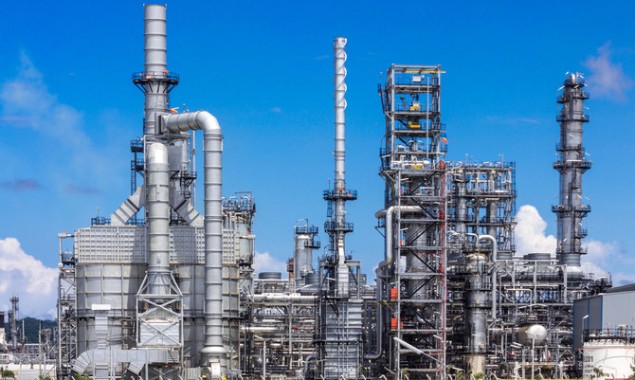
Overall, the Petroleum Division would spend Rs3.249 billion on 13 ongoing and new projects during the year 2021/22. Photo: File
KARACHI: The business community has rejected the recent price hike in petroleum products and demanded the government to immediately withdraw the decision, a statement said on Saturday.
The Businessmen Panel of the Federation of Pakistan Chambers of Commerce and Industry (FPCCI), while rejecting the massive increase of up to Rs5.92/litre, urged the government to withdraw the decision, as the move will hit the industry hard.
FPCCI Businessmen Panel chairman Mian Anjum Nisar said that the government puts the burden of the surge in oil prices in the international market immediately on the masses but the process of reduction in the prices is always very slow, he said.
The economy of Pakistan, particularly the Small and Medium Enterprises (SMEs) are striving to deal with the post-coronavirus economic crunch and need to get support. Instead of providing subsidies or waivers, it is unjust to overburden the industries with the hike in the cost of production.
An increase in the petroleum products costs will further weaken the economic environment, which was already under threat on various fronts.
Nisar said that there is no denying the fact that the oil rates have been on the rise in the international market, but the government instead of passing on this surge to the public, can reduce the number of taxes on the petroleum products, as the fuel is the engine of growth.
If fuel would be heavily taxed, the entire economy would suffer unprecedentedly, he said, adding that the petrol and high-speed diesel are the two major products that generate most of the revenue for the government because of their massive and yet growing consumption in the country
The average petrol sales are touching 750,000 tonnes/month against the monthly consumption of around 800,000 tonnes of high-speed diesel.
The economy was already in a precarious situation and this constant back and forth will only increase volatility, instead of stability, he added.
He said the cost of doing business and the cost of production have shot up to the level of un-competitiveness. The cost of borrowing was huge and capital financing has become more expensive.
Nisar said that Pakistan’s exports cannot compete with China, Bangladesh and India where power tariffs are ranging between 7 cents and 9 cents, particularly in the post-coronavirus economic slowdown, as the country’s exports have been witnessing a major setback in the present days due to high cost of electricity, which has become a major stumbling block in the industrial development and boosting exports.
He said fuel and electricity are regarded as the lifeline of any economy and play a pivotal role in the socioeconomic development of a country.
Nisar said that the industries need low-cost energy to bring down their cost of production, keeping their goods competitive in the international market. He said the government, in the current circumstances, would have to reduce the price of electricity along with the cut in the prices of petroleum products to bring down the cost of doing business and to promote industrial activities.
Owing to the Covid-19 pandemic, the business activities were already declining and, in this situation, the government should take serious steps to cut the cost of doing business, as a hike in oil prices would further enhance the cost of production, making transport more expensive.
In a fortnightly review of the petroleum products for the second half of September, the price of petrol has been increased by Rs5/litre. The new price of petrol is Rs123.30/litre, which was Rs118.30/litre, posting a 4.2 per cent increase.
Nisar said that with a view to improve the cash flow of businesses at this crucial time, the government will have to facilitate the industry through reduction in tax ratio on all items, including the oil products, besides lowering the markup rate.
At a time when the country’s GDP ratio was very nominal, amid the high cost of doing business, the industry needed maximum support and relief.
The FPCCI former chief and BMP chairman said the high-speed diesel is used mostly in the transport and agriculture sectors; therefore, any increase in its price will lead to inflationary impact. The price of light diesel oil has also been hiked, which is used in industries.
Catch all the Business News, Pakistan News, Breaking News Event and Latest News Updates on The BOL News
Download The BOL News App to get the Daily News Update & Follow us on Google News.




